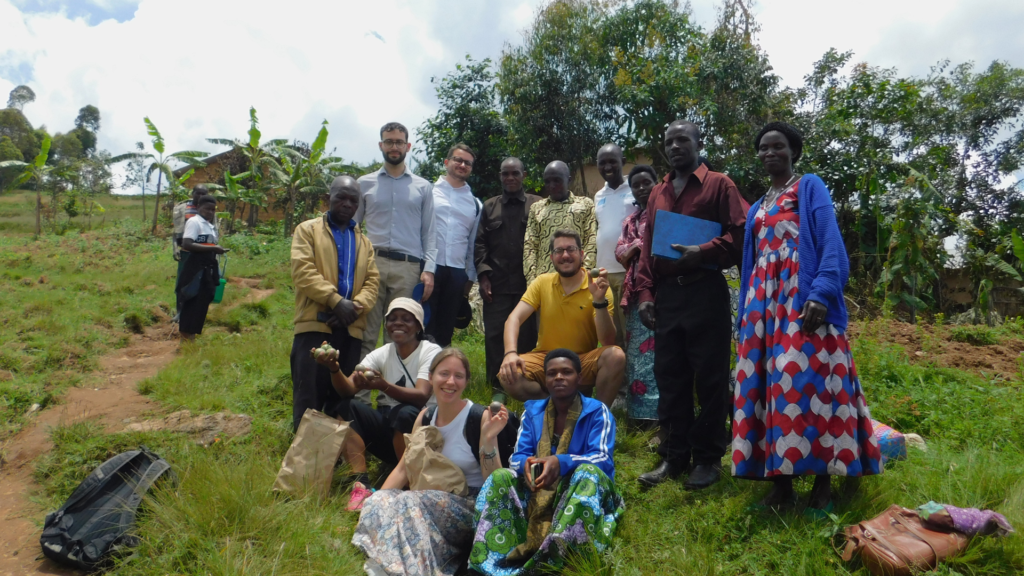
In today’s severe climate crisis situation, the need to develop and implement sustainable agricultural practices has become pressing. It is within this context that E4Impact, through its activities, promotes climate-resilient agriculture and enhances sustainable food production in African countries. In the great continent, agriculture is indeed a vital sector for the population, but it faces, more than in other parts of the world, significant threats to food security due to climate change.
One example of such an effort is certainly the European Union-funded project FOSTERING (Food Security Strengthening Technical And Recovery Intervention For Growth), currently underway in Rwanda and implemented by E4Impact in collaboration with François Xavier Bagnoud (FXB) Rwanda. The Project was created with the aim of promoting sustainable food production for local markets in Gakenke and Nyabihu districts through training, education, and support to local farmers to develop their businesses.
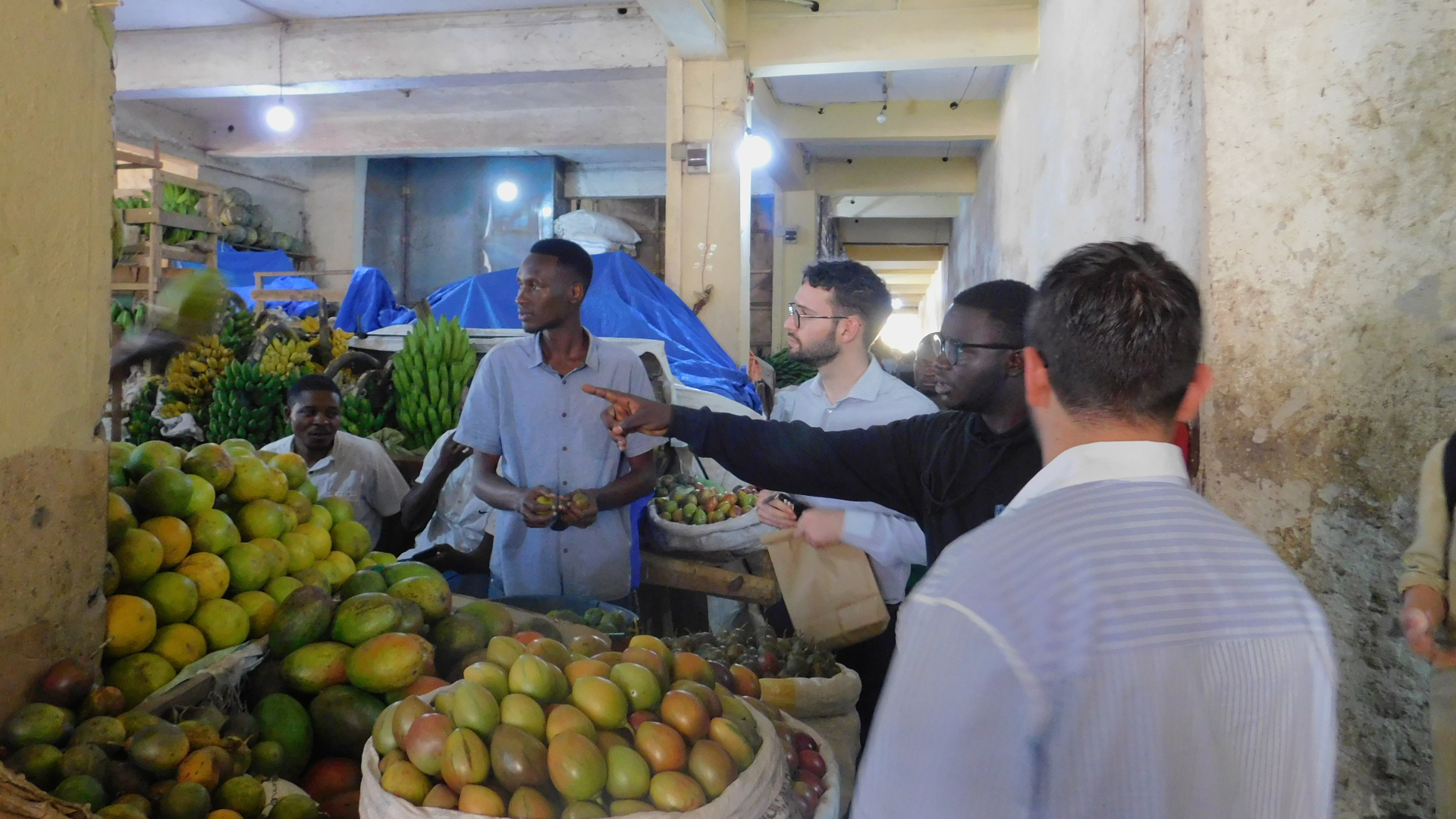
The initiative currently involves 30 agricultural cooperatives and provides comprehensive support to all key stakeholders in the agricultural process, including cooperative leaders, farmers, households and community-based organizations. Through this effort, E4Impact and its partners strive to empower local farmers and cooperatives, ensuring they have the tools and knowledge necessary to thrive in a competitive market while contributing to the overall sustainability and resilience of Rwanda’s agricultural sector
The FOSTERING project began with a market assessment carried out by the E4Impact Research Team, an activity aimed at evaluating the market potential for cooperatives producing passion fruits, pineapples, and sweet potatoes. For this reason, from March 9 to 13, the E4Impact and ALTIS – Università Cattolica del Sacro Cuore researcher, Giacomo Ciambotti, the Foundation’s Impact Measurement Manager, Erica Negro, and Monitoring Officer, Chiara Rigoldi, traveled to Rwanda to conduct visits to cooperatives. The goal was to collect data and information essential for market assessment, accompanied by the Rwanda Country Manager, Hausa Lightbourne.
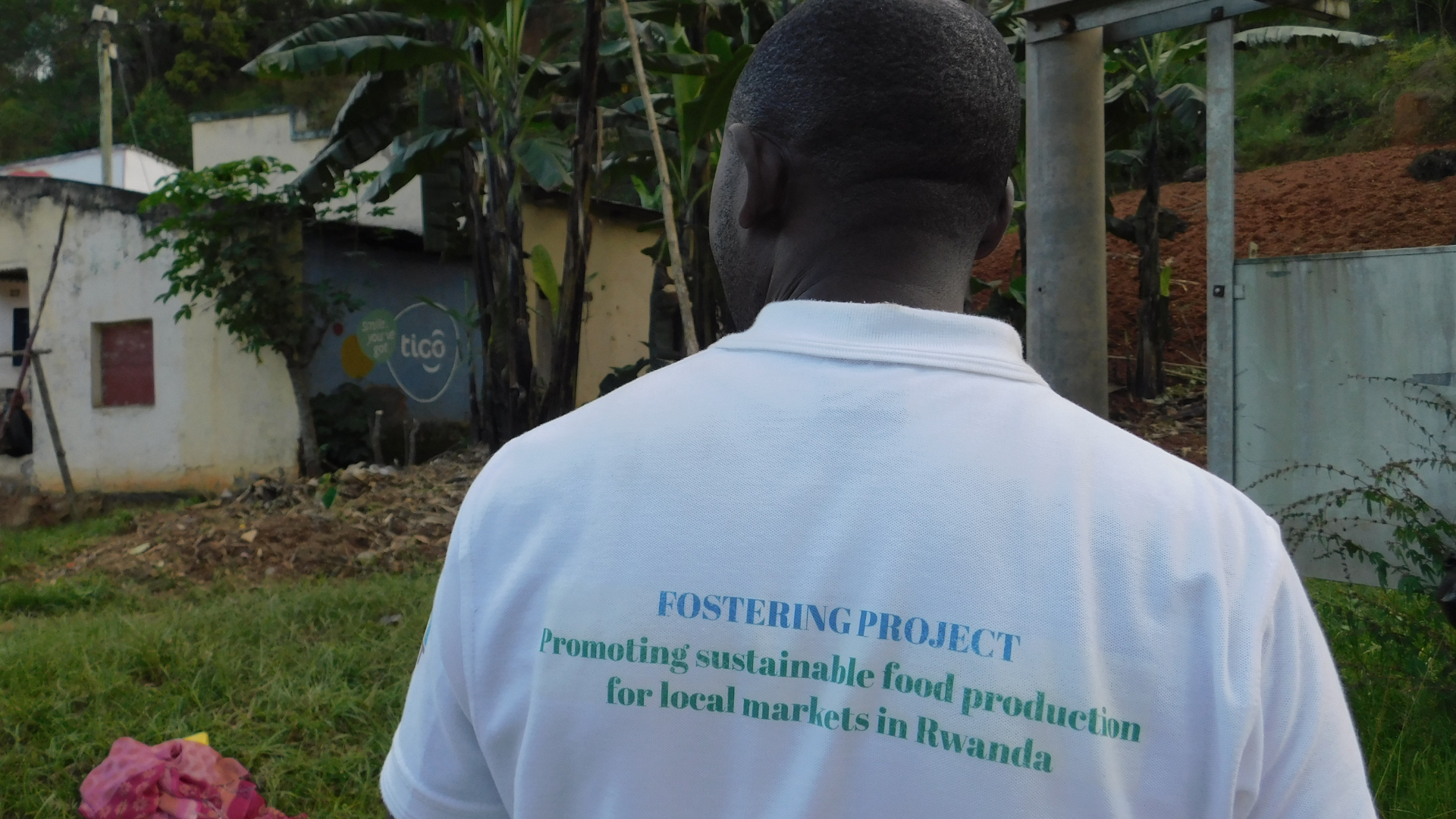
On the first day, the team visited Nyabugogo market in Kigali, one of the major local markets; there, they had the chance to conduct initial qualitative data collection by interviewing market actors. This provided the first opportunity to identify major production pockets, growth potential, market trends, and competitiveness of the three value chains
In the following days, with the valuable support of FXB partners, 7 members of the 30 participating cooperatives were interviewed at Nyabihu and Gakenke districts, and talked about their needs, daily challenges, internal dynamics within the cooperatives, and expectations from the project. This valuable exchange allowed the researchers to create a map of the value chain, identifying the actors in it, their functions and the interrelationships created, so as to identify the constraints and opportunities of the cooperatives.
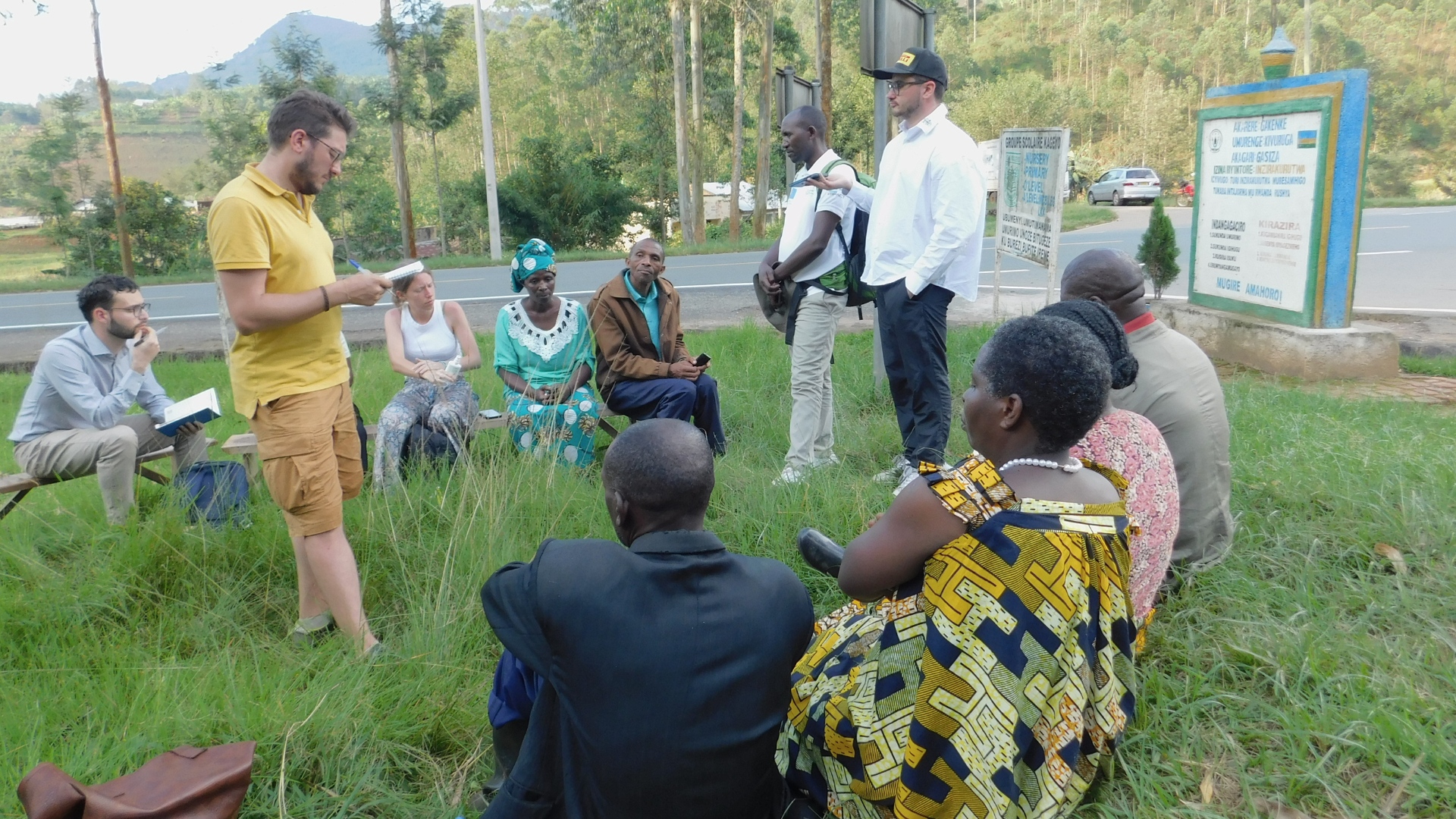
There are several critical issues that Rwandan agricultural cooperatives have to face: market failure, lack of tools and knowledge that make it difficult to establish appropriate prices, damage caused by climate change, difficulties in accessing fertilizer, low prices, lack of storage facilities and shortages of agricultural inputs are just a few. Additionally, there are the difficulties many of them have in accessing financial services, which limits their ability to invest in agricultural techniques and improve their activities.
During the visits, the cooperatives warmly welcomed the research team and project partners, showing enthusiasm toward the idea of participating in FOSTERING activities, including the entrepreneurial training offered by E4Impact.
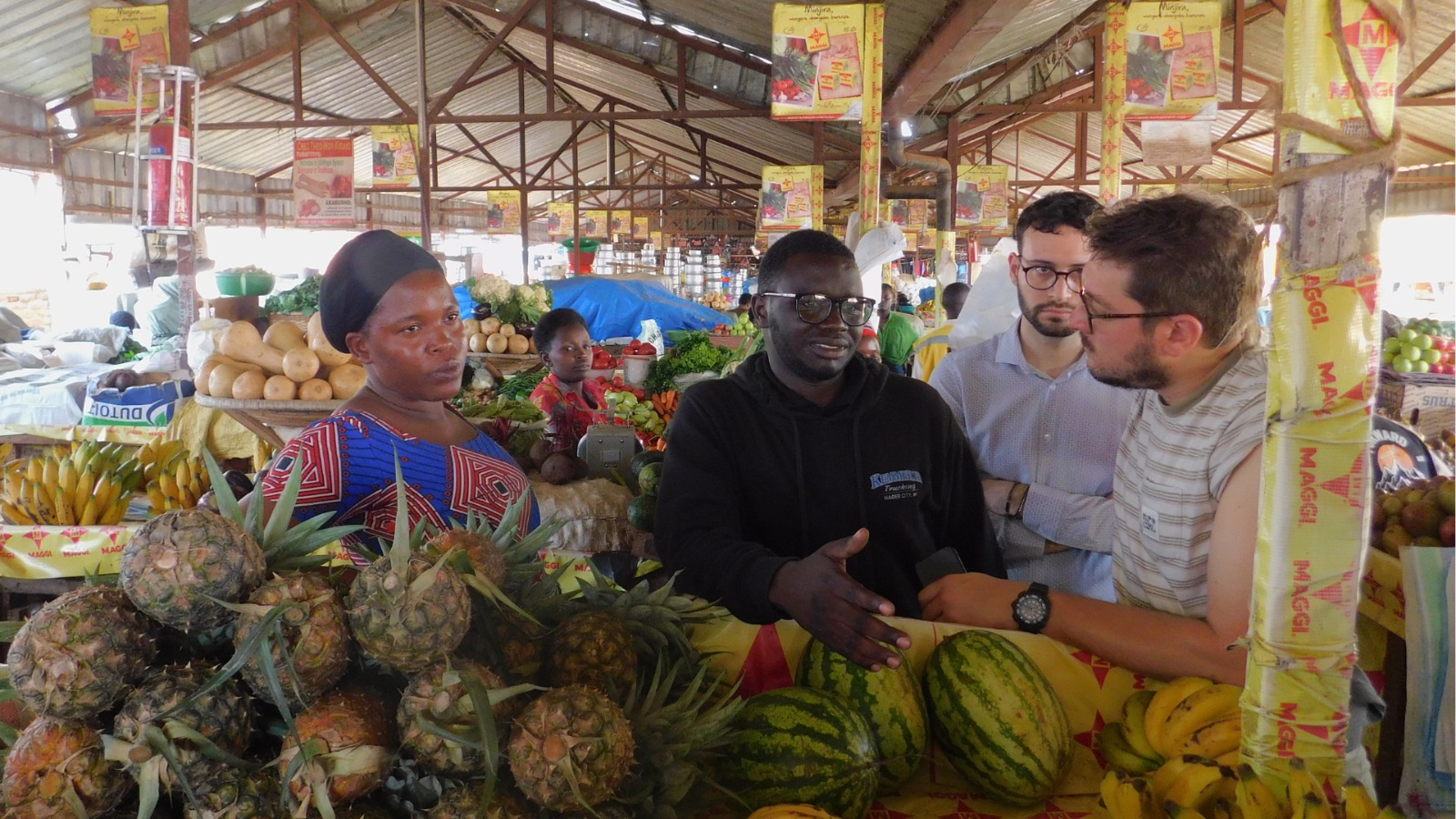
John, president of one of the cooperatives, stated: “We are committed to our goals of self-development, improving our families’ lives, and combating malnutrition and stunting. We need training and disease-resistant seeds from you to ensure we can safely grow our passion fruits in this field.”.
And it is precisely because of the valuable information and data provided to us by the participants that the research team will be able to conduct a detailed analysis that can provide concrete and effective responses to the needs of local cooperatives, ensuring their support in accessing wider markets, increasing their added value and promoting collaboration to improve production, income and living conditions for all members and their families.
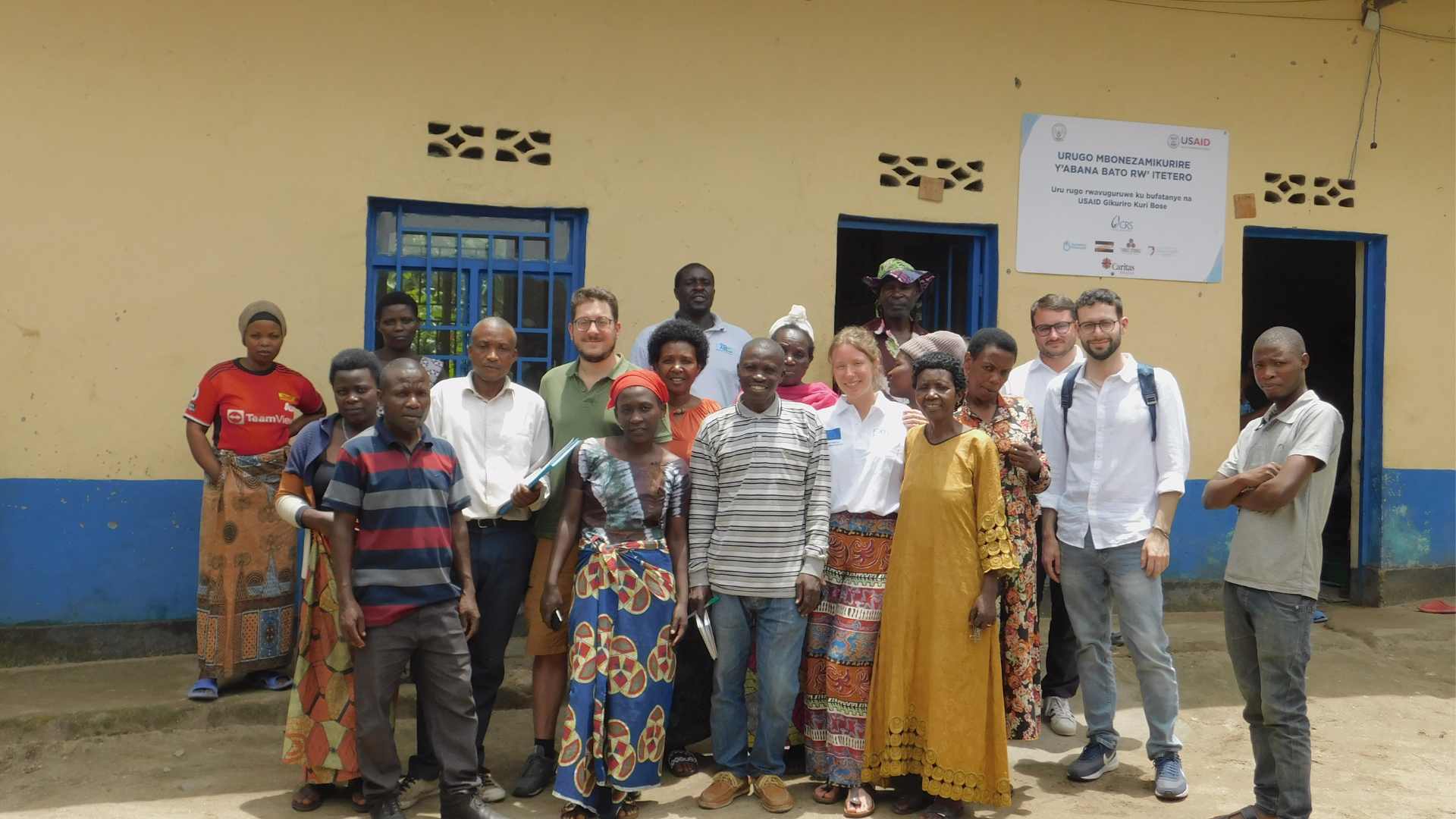
Besides being extremely important in supporting the cooperatives participating in the project, the information and data gathered during the mission also proved to be crucial in defining targeted strategies and interventions, paving the way for a more prosperous and sustainable future. We look forward to seeing the first results of the initiative, with the confidence that we have taken one more step toward our mission: to build a network of impactful entrepreneurs in Africa who will make their communities increasingly prosperous.
Chiara Rigoldi

